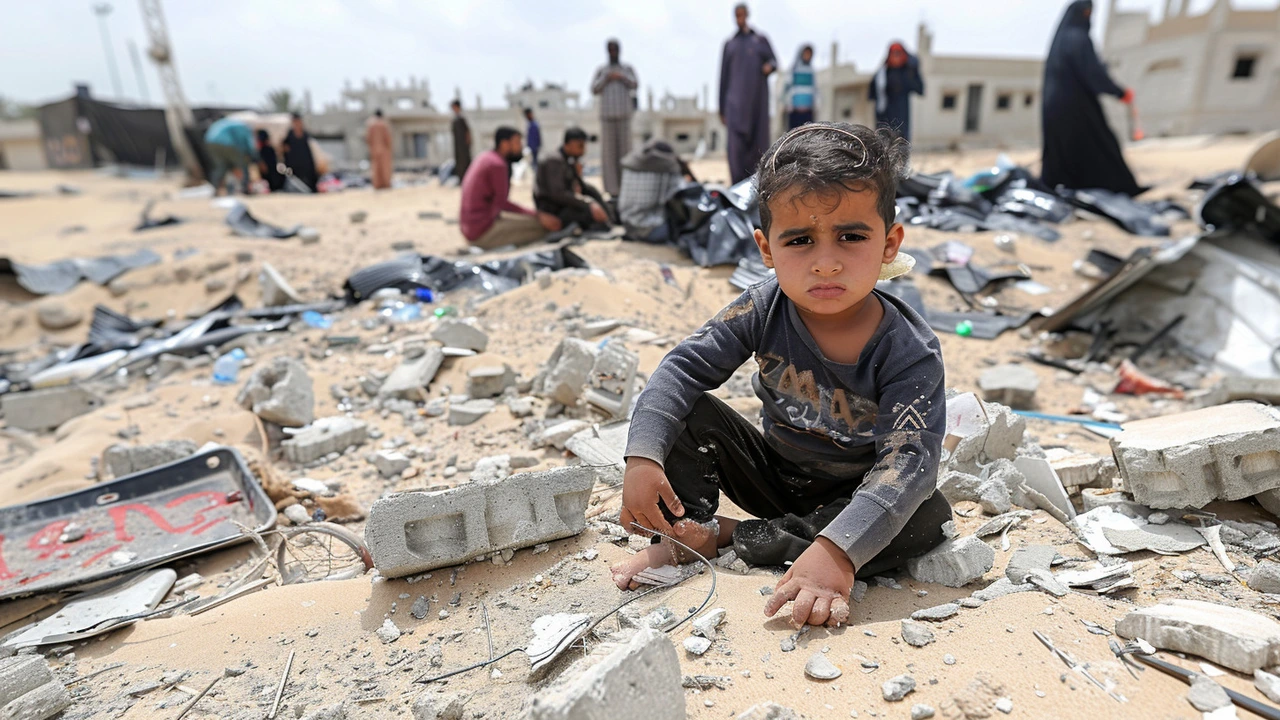Israeli strikes: latest updates and what you need to know
Israeli strikes shape headlines and affect lives across the region. If you want clear, practical updates without the noise, start here. I’ll explain what the term covers, how strikes change fast, and what to watch next.
What are we talking about? Israeli strikes usually mean air, artillery or ground attacks launched by Israel against targets in Gaza, Lebanon, Syria or the West Bank. They target military sites, tunnels, or groups Israel calls threats. Civilian areas are hit too, which is why the humanitarian toll matters every time.
Humanitarian impact and regional ripple effects
Every round of strikes disrupts hospitals, power, water and food supplies. Aid convoys often face delays or access limits. Neighboring countries sometimes see refugee flows and political pressure to act. African countries with citizens or diplomatic links in the region may issue travel warnings or work to evacuate their people.
How to stay safe and follow updates
If you live or travel near affected areas, register with your embassy and follow local civil defence alerts. Avoid crowded sites and follow official evacuation routes only. For reliable updates, follow humanitarian agencies, international broadcasters, and accredited local reporters. Be cautious sharing raw footage; spreading unverified material can put people at risk.
What matters next? Watch for ceasefire talks, pauses for aid, and international pressure at the UN or regional bodies. Track hospital reports and aid group statements to gauge civilian needs. Also keep an eye on military movements and announcements from all sides; those often signal whether the strikes will escalate or ease.
Why this tag page helps you: We collect verified articles, briefings and eyewitness reports related to Israeli strikes. Use this page as a hub to find timely stories, context pieces, and humanitarian notices. You’ll see updates when the situation shifts and links to deeper background reporting.
If you want quick action ideas: support reputable relief organisations operating in conflict zones, share verified safety advice with friends and family in affected areas, and stay informed without amplifying unverified content. Questions about a specific report? Ask and we’ll point you to the best sources.
Understanding casualty numbers matters. Different groups report different figures: local health ministries, hospitals, and NGOs each have their own counts. Check timestamps and whether numbers separate civilians from fighters. Look for hospital lists, morgue updates, and independent monitors like the ICRC or Amnesty when available. Be wary of single-source claims that lack dates or hospital names.
Want to help? Give only to vetted relief groups with transparent financials and local partners. Avoid cash transfers to unknown pages on social media. Check charity ratings and look for operational updates showing how donations are used. Local volunteer groups can be effective, but confirm contacts and ask for bank details or official receipts. Small, consistent support to established groups often helps more than one-off shares of fundraising links.
If you want specific source suggestions or updates, ask here and we'll point you to verified coverage. Ask now.

Global Outrage Over Israeli Strikes in Rafah: Calls for Ceasefire and Adherence to International Law
The international community is deeply shocked by the recent Israeli military strike in Rafah that resulted in the deaths of over 45 people, including children. Leaders from France and Italy have called for an immediate ceasefire and respect for international law, highlighting the tragic impact on Palestinian civilians. The U.S. emphasized Israel's right to self-defense while acknowledging the devastation.